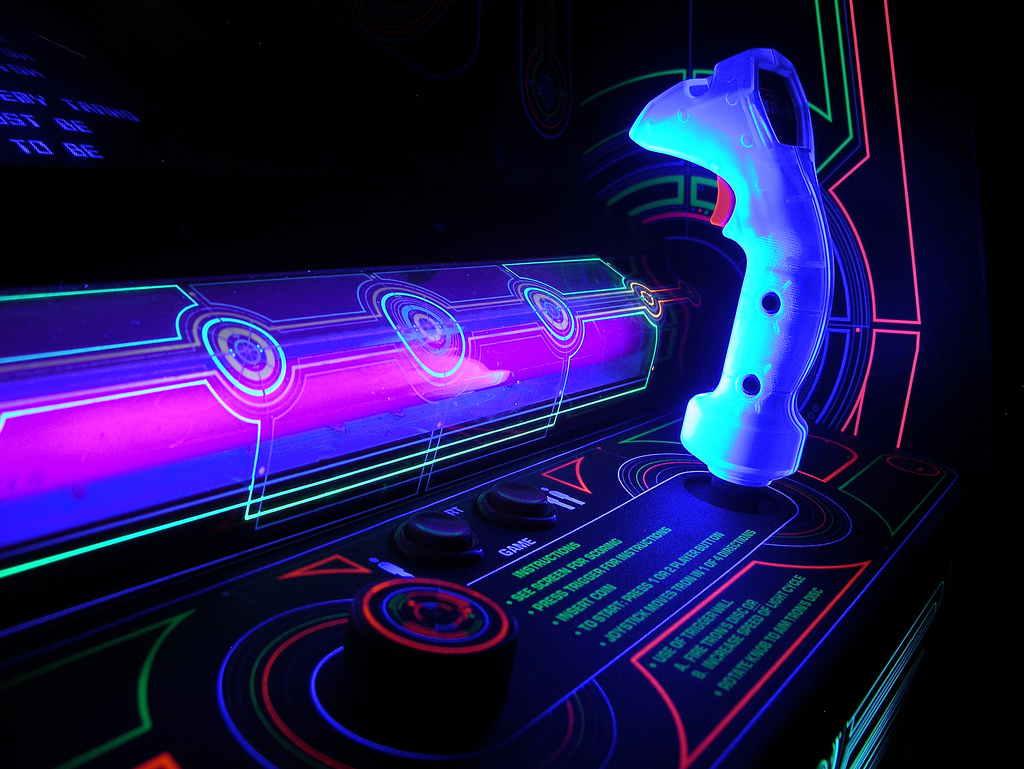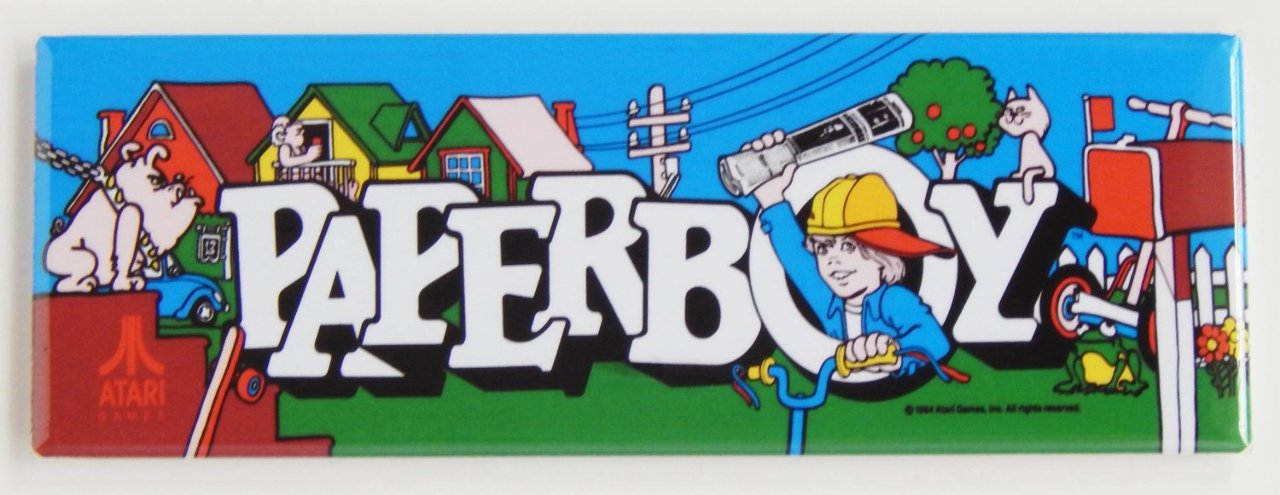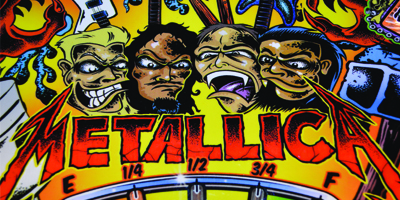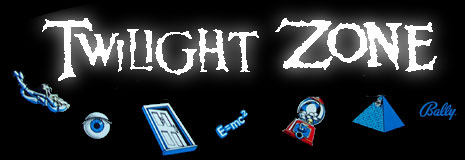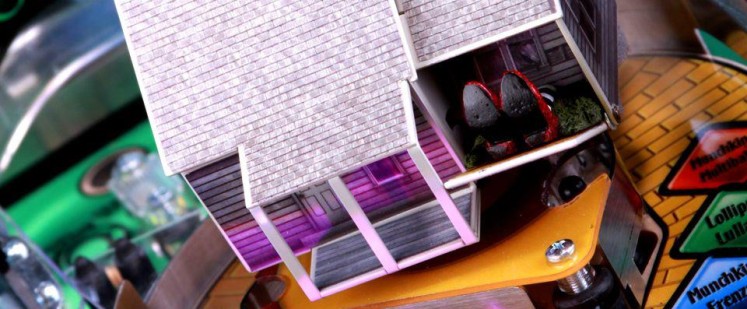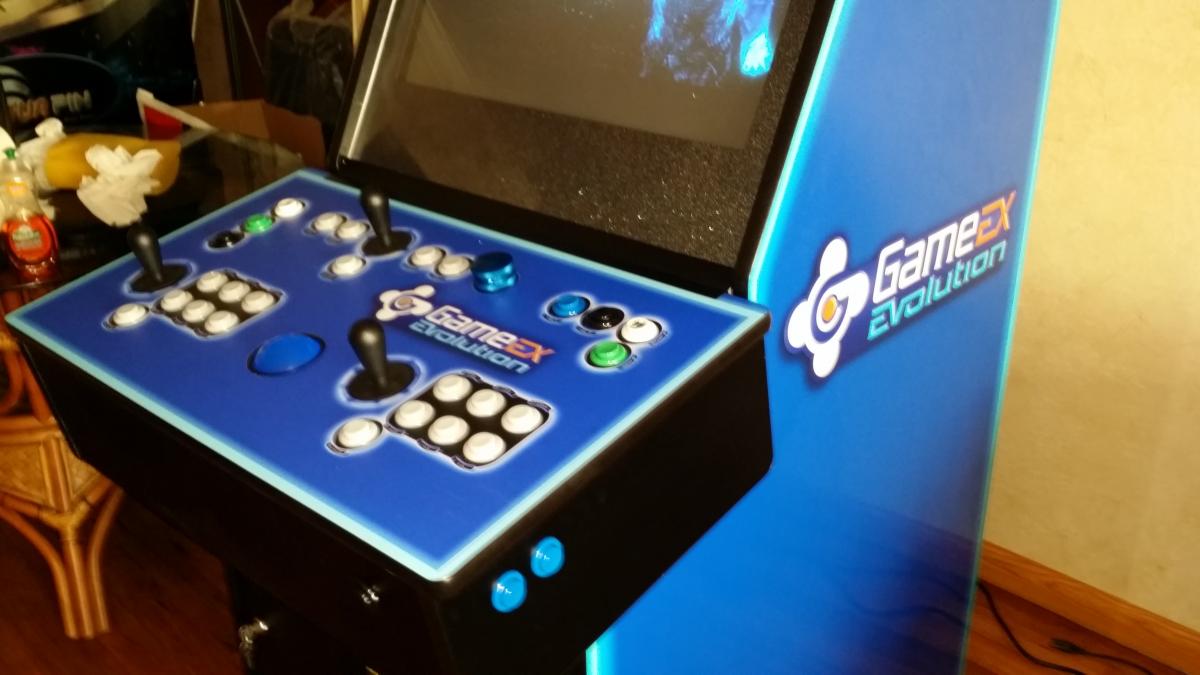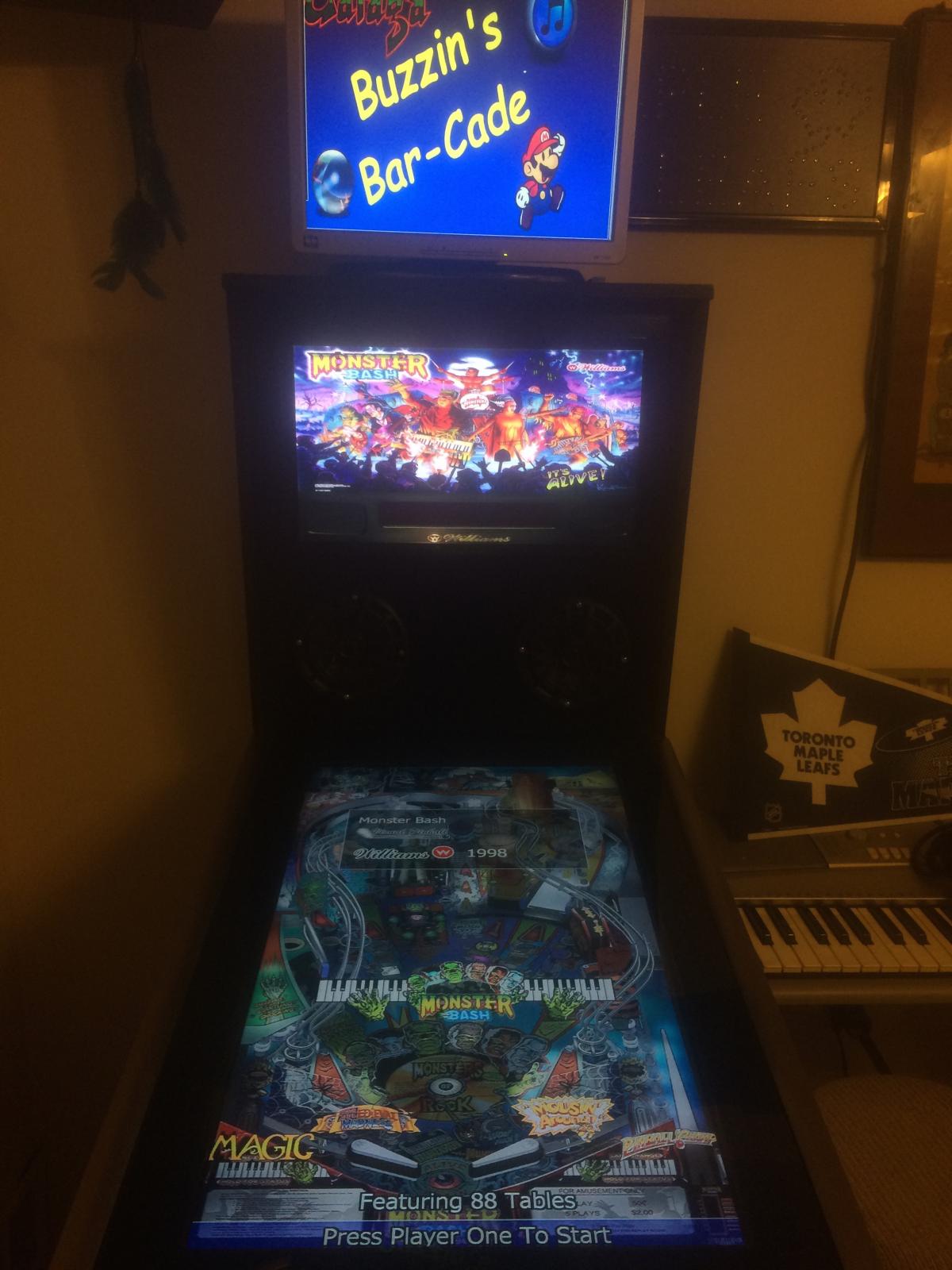If neither of those of work for you, you can donate any amount by clicking here. |
Events
Search Events
Happening Near You
Showing events near your current location. See more events by location
Browse By Month
-
Star Wars Arcade Game Release (1983)
Star Wars is an arcade game produced by Atari Inc. and released in May of 1983. The game is a first person space simulator, simulating the attack on the Death Star from the 1977 film Star Wars. The game is composed of 3D color vector graphics. Wikipedia
-
Dig Dug Arcade Game (May 1982)
Dig Dug (ディグダグ Digu Dagu?) is an arcade game developed and published by Namco in Japan in 1982. It runs on Namco Galaga hardware, and was later published outside of Japan by Atari, Inc.. A popular game based on a simple concept, it was also released as a video game on many consoles.
-
Tron Arcade Game (May 1982)
Tron is a coin-operated arcade video game manufactured and distributed by Bally Midway in 1982. It is based on the Walt Disney Productionsmotion picture Tron released in the same year. The game consists of four subgames inspired by the events of the science fiction film. It features some characters and equipment seen in the film, e.g. the Light Cycles, battle tanks, the Input/Output Tower. The gam
-
Yokai Dochuki Arcade Game (April 1987)
Yokai Dochuki (妖怪道中記 Yōkai Dōchūki?, lit. "Phantom Travel Journal") is Namco's first 16-bit arcade platform game, released in Japan in 1987 and running on the company's then-new System 1 (which was initially known as "System 87") hardware.
-
Paperboy Arcade Game (April 1984)
Paperboy is a 1985 arcade game by Atari Games.[1] The players take the role of a paperboy who delivers newspapers along a suburban street on his bicycle.[2] The game was ported to numerous video game consoles and personal computers. The Nintendo Entertainment System (NES) version represented the first NES game developed in the United States and coincidentally, the Sega Master System version repres
-
Breakout Arcade Game (April 1976)
Breakout is an arcade game developed and published by Atari, Inc.[2] It was conceptualized by Nolan Bushnell and Steve Bristow, influenced by the 1972 Atari arcade game Pong, and built by Steve Wozniak aided by Steve Jobs. The game was ported to multiple platforms and upgraded to video games such as Super Breakout. In addition, Breakout was the basis and inspiration for certain aspects of the Appl
-
The Wizard of Oz Pinball (April 2013)
The Wizard of Oz is a Jersey Jack Pinball, Inc. pinball machine released in April 2013. It is the first pinball machine with a LCD in the back box as well as the first one to have color on the monitor since the Pinball 2000 games,[1] the first widebody pinball machine since 1994[2] and the first new pinball machine not made by Stern Pinball since 2001.[3] The pinball machine is based on the classi
-
SNES UK/IE Release (1992)
On August 23, 1991, Nintendo released the Super Nintendo Entertainment System, a redesigned version of the Super Famicom, in North America for US$199. The SNES was released in the United Kingdom and Ireland in April 1992 for GB£150, with a German release following a few weeks later. Most of the PAL region versions of the console use the Japanese Super Famicom design, except for labeling and the le
-
Nintendo Game Boy JP Release (1989)
The Nintendo Game Boy was released in Japan on April 21, 1989, in North America on July 31, 1989, and in Europe on September 28, 1990. It is the first handheld console in the Game Boy line, and was created by Gunpei Yokoi and Nintendo Research & Development 1—the same staff who had designed the Game & Watch series as well as several popular games for the Nintendo Entertainment System.[5] R
No more events this month








